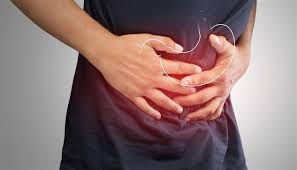How to Avoid Heartburn After Iftar During Ramadan
- aldaghry
- Mar 28
- 1 min read
Stomach acid is primarily produced to aid in digestion. However, in some cases, excess stomach acid can be produced, and the rise in stomach acid can cause stomach pain, heartburn, or nausea.

Fasting may also increase stomach acid production due to the empty stomach during the daytime, which causes the acid to rise. Food helps neutralize stomach acid.
Emc Healthcare Hospital experts recommend steps to help avoid acidity and heartburn without medication:
1. Eat foods rich in fiber and easy to digest, such as fruits, vegetables, and complex carbohydrates, at Iftar or Suhoor.
2. Avoid spicy, fatty, and acidic foods at Iftar or Suhoor.
3. Work to quit or limit smoking after Iftar, as well as caffeinated drinks.
4. Divide Iftar and dinner into several small meals; avoid eating a large meal at once, and eat sufficient amounts of non-fatty foods.
5. Avoid sleeping or lying down after eating. It's preferable to sit, stand, or walk for at least two hours after eating.
6. Drink plenty of water at Iftar or Suhoor to maintain hydration during fasting.
7. Eat foods containing probiotics, such as yogurt, or take probiotic supplements.
8. Avoid excessive physical activity while fasting, as it may increase the risk of stomach acid.



Comments